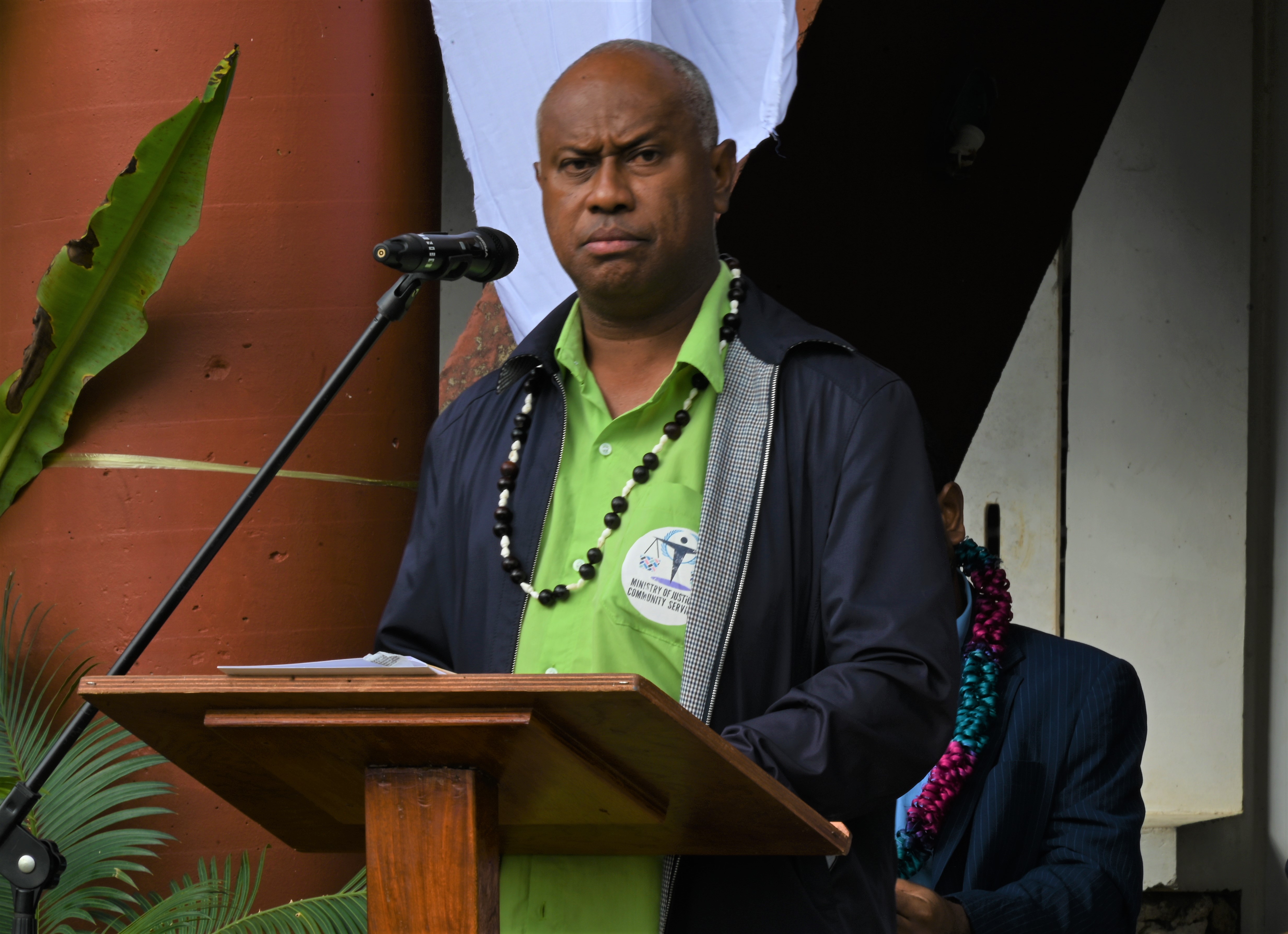
Mr Arthur Faerua, Director General Ministry of Justice and Community Services.
Vanuatu, July 18, 2024: Stakeholders from Fiji, Samoa, Solomon Islands, and Vanuatu gathered in Vanuatu this week to address the challenge of protecting children in labour mobility programs like the Seasonal Worker Program (SWP) and Regional Seasonal Employment (RSE) in Australia and New Zealand.
While these programs boost local economies through remittances and spending, they also strain family relationships and impact children left behind by migrating parents. The two-day seminar, attended by high-level delegates including four state ministers from the respective Pacific island countries, highlighted a shared commitment to address these social impacts.
Arthur Faerua, Director General of Vanuatu's Ministry of Justice and Community Services, which houses the National Human Rights Unit emphasized the importance of safeguarding children's rights, calling it a collective responsibility, stating that “From today onwards, Children must be at the centre of Labour Mobility policies. He cautioned the four Pacific island nations to consistently uphold children's rights as outlined in the UN Convention.
DG Faerua described the two-day seminar as perfectly timed, occurring just before Vanuatu's National Children’s Day on July 24th, 2024. Recent studies supported by UNICEF, University of Western Sydney, and University if the South Pacific, presented at the seminar provided insights into the challenges faced by families in these programs.
Each country is now implementing policies and measures to mitigate these challenges. Vanuatu, a pioneer in the RSE and SWP with a significant agricultural workforce in Australia and New Zealand, stressed the need for improved monitoring and policy adjustments. The seminar concluded with optimism about collaborative efforts to protect children's well-being while maximizing economic benefits.
Continued dialogue and policy refinement aim to create an environment that balances economic opportunities with social protections for future generations in the Pacific region. Ends
